Last week, I started this piece on what it is to be a humanitarian. This came from a great interview I did with Kerri Murray, the President of ShelterBox for NDEM's Prepare, Respond, Recover podcast. Since then, the National Geographic Society released a documentary on Chef Jose Andres and the nonprofit he created World Central Kitchen. That coincidence confirmed to me that I had to do this piece.
Even as the war in Ukraine is still raging on, the yellow and blue flags are being removed from people's profiles, and companies are moving on to the next trending event to virtue signal on social media.
Some organizations are still trying to provide aid to those in need. However, let's not forget that Ukraine is not the only country where war has ravaged the people living there.
The Syrian civil war broke out when the Arab Spring was in the news. And like all events, the news outlets move on to the next exciting event in a few weeks and forget about the people there.
Despite waning international interest, the humanitarian crisis sparked by the Syrian civil war is far from over. The U.N. estimates that 13.1 million people need assistance, which could continue to rise if the fighting is not ended. And the humanitarian crisis will persist if Syria does not find the resources to begin rebuilding.
The issue that we need to explore is not the lack of humanitarian organizations that want to help. It is the lack of access to those in need.
I have had the privilege of working with FOCUS Humanitarian Assistance to train staff that would provide aid to areas that other NGOs could not access. When I was working with FOCUS, it was the first time I learned that humanitarian agencies were being blocked from giving aid.
To be clear, it is not only one organization telling this tail of not being able to get access. There is a widespread consensus in the humanitarian sector that their operational space is shrinking. This has been attributed to an erosion of respect for international humanitarian law, relief operations being hindered by legal and administrative impediments, and targeted violence towards humanitarian workers.
These issues create an increasingly hostile and challenging operational environment and have serious consequences. Since the 2003 attack on the U.N. in Baghdad, when 22 humanitarian workers were killed, over 5,000 humanitarian workers have been victims of violence, with over 1,800 being killed.
The Shrinking humanitarian space also significantly impacts beneficiaries, as it can cause crisis victims to become 'double victims.'
The concept of shrinking humanitarian space is not a new phenomenon; however, the events of recent years have led to rejuvenated discussions, as several commentators are now stating that humanitarian space is facing a new level of challenges and 'is under assault.'
This is exemplified by aid workers and organizations increasingly becoming targets in conflict zones. 2019 was the most dangerous year for humanitarians, as 484 aid workers were victims of major attacks.
In addition, humanitarian access is being consistently impeded, aid groups are becoming objects of social media smear campaigns, and major donors are making 'unrealistic demands' about the programs they fund.
2020 has brought further difficulties, as extensive restrictions imposed to curb the spread of COVID-19 aggravate existing challenges and result in the complete or partial suspension of critical humanitarian activities. Conflicts, natural disasters, and various other threats are continually causing severe humanitarian crises and displacement worldwide.
Humanitarian workers are consistently undertaking essential, life-saving work. The ongoing efforts to hamper their crucial activities are creating substantial difficulties concerning maintaining a functional humanitarian space and endangering the lives of aid workers and the people they are working to assist.
The Emergency Management Network stands with those in the humanitarian sector affected by the increasingly hostile operational environment, and we urge tremendous respect for international humanitarian principles and laws.
It is up to those in safe areas to speak up for those who cannot speak for themselves. We all got into this field to make a difference and save lives. We can do this by demanding that humanitarian efforts not be hindered by politics and violence.
What to Read
The Speed to Scale Challenge
By Kelly McKinney
In late August 2005, the days before Hurricane Katrina landed fall on America's Gulf Coast, FEMA—its federal emergency management agency—deployed an Emergency Response Team to the State of Louisiana’s Emergency Operations Center.
But, when it arrived, the FEMA ERT could not combine forces with the emergency managers in Louisiana. Similarly, the State of Louisiana emergency managers could not combine forces with those in the City of New Orleans.
Creating a Personal Development Plan
By Todd T. DeVoe
You’ve heard the saying, “If you don’t plan, you are planning to fail.” However, even understanding that comment, we forget about it in our personal lives. Most of the time, we apply that type of rational thought to our work life. We sadly forget that planning our personal development is also essential to achieving everything in life we desire. In addition, personal development does include career development.
Podcasts
The Todd DeVoe Show
Leading Resilient & Robust Communities
Join Josh Bowen and Todd De Voe as they discuss ways you can make your community antifragile.
Today Communities are facing complex challenges, natural and human-caused disasters, political division, supply chain issues, globalization, urbanization, homelessness, and land-use problems.
To help strengthen our communities, we must address these threats and a call for action that combines disaster preparedness with empathy, robust planning, and moving toward being an antifragile society.
Community resilience focuses on reducing the negative impacts of disasters and becoming stronger after the event. An antifragile community is socially connected and can withstand disaster and foster a strong recovery to become better. Antifragile communities promote individual and collective programs to strengthen residents for daily and extreme challenges.
Prepare Respond Recover
How ShelterBox is Helping Relieve Humanitarian Crisis
A humanitarian crisis arises when an event affects vulnerable populations unable to withstand the negative consequences by themselves. Unfortunately, poor populations are more vulnerable to man-made or natural disasters. As other organizations fill the need for food and medical supplies, ShelterBox is providing the basic need for shelter. Listen to this week’s episode of prepare.respond.recover as we explore how the disaster relief charity ShelterBox was formed and how they are working to help those in need.
If you would like to learn more about the Natural Disaster & Emergency Management (NDEM) Expo, please visit us on the web – https://www.ndemevent.com
Business Continuity Today
The IoT and AI Helping With Decision Making
As organizations look at ways to address the most significant challenges, from natural disasters to sustainability, they need to invest in the IoT solutions embedded with advanced analytics to better prepare for and react to these incidents.
Organizations can harness real-time data and advanced analytics to deliver meaningful results with connected sensors and long-range, low-power IoT technology leveraging artificial intelligence.
The combination of IoT-enabled analytics, devices, and networks will accelerate intelligent decisions and improve overall response time if a natural disaster occurs.




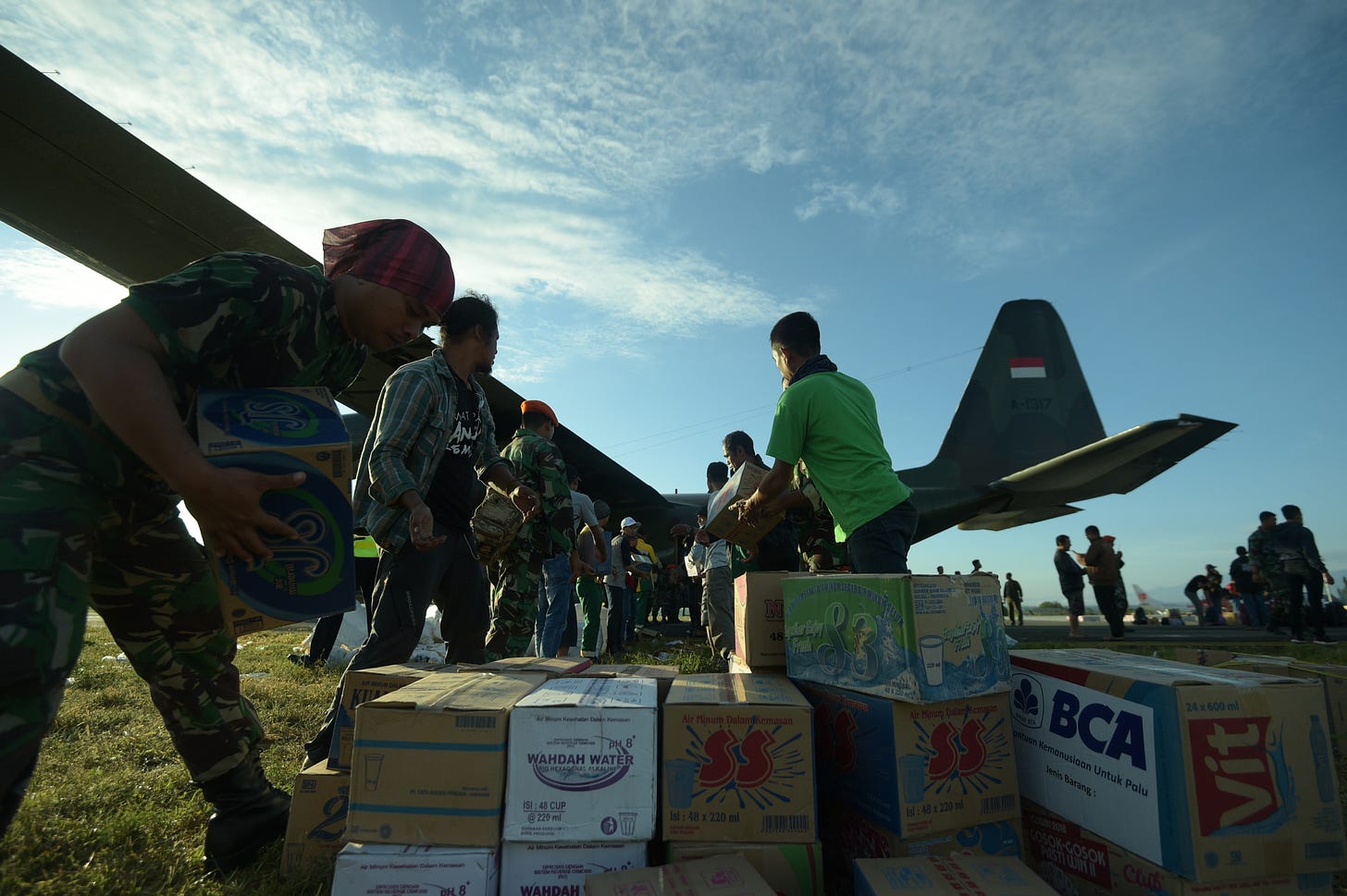





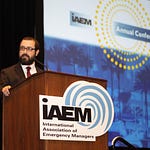

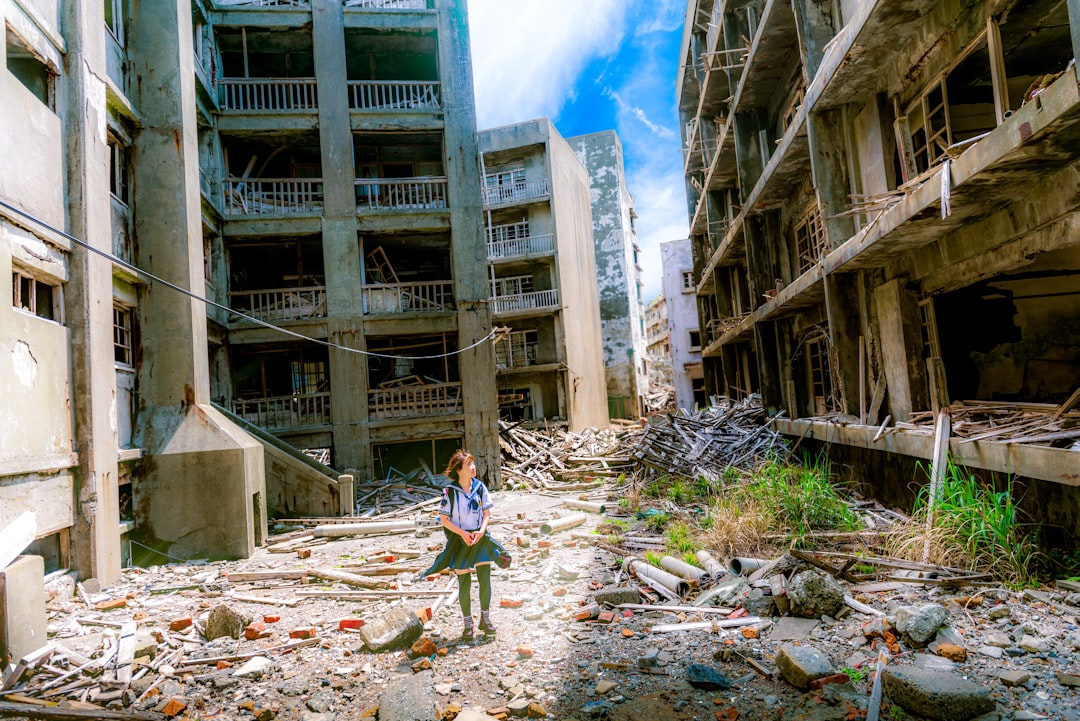
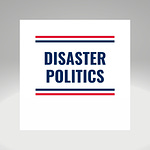
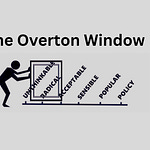

The Shrinking Humanitarian Space